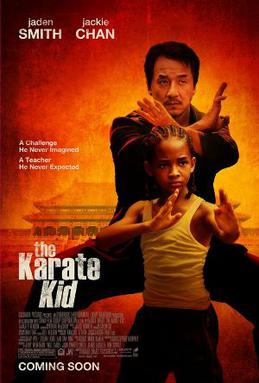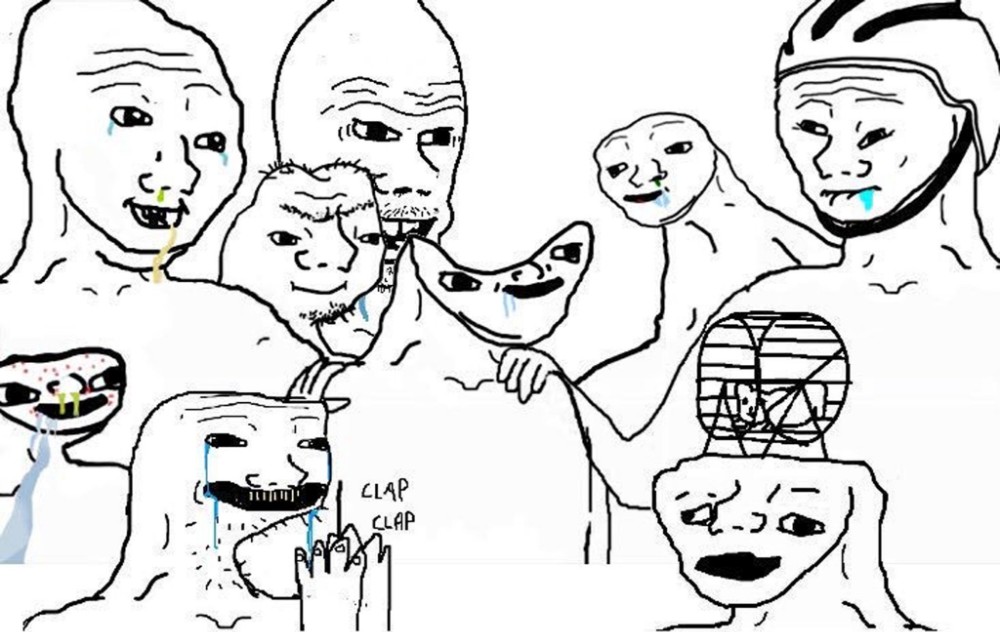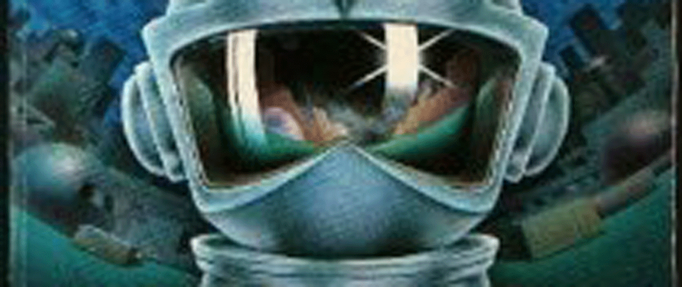As I've stated (and certainly thought) a few times, I have fantasies occasionally wondering what certain musical geniuses of the past would make of some modern music. Usually I think Mozart, don't know why, but he was very young (died at 36), was legendary in his prodigious output, wasn't stuck in a mold. I think his take on some of the music now which is just so so different from anything he'd ever heard, would be amazing. Of course, you'd have to be Mozart to start with. Portraying this in a movie would be quite a challenge. What kind of genius would be required? And how the devil would you portray it?
Given that I was bit of a hermit and never really listened to music to "identify myself" or use as therapy for mental/relationships/etc, my enjoyment is mostly not "with the times" the music is released. It's a combo of visceral liking with some degree of "training" in playing and listening to some "classical"(an overly broad term imo). So I would never make a statement saying "Real music ended after year X". So, I'm not into the stuffy paradigm most "classical music" fans fall into. In fact, I would never trust a classically trained pianist to ever write a competent Mozart cadenza. Better off looking into rock musicisns that.
The best way to describe Mozart as I understand him now is that he is very good at "smooth transitions" and putting "phantom breaths" into passages of notes without rests in the text. This probably why it is probably consensus that his music has noticeable singing quality to it. Compositional rhythm cliches of the day always sound unique, "fits" the work, and never sounds forced.
Basically, Mozart may not be apparently left-brain stimulating via a music theory perspective, but he knows how to put things in "all the right places, at the right time, and with the right amount of time".
Instrumentation has changed considerably, so has style, but there is a "flow" to Mozart that is rare but not impossible in terms of others pulling off.
When reading the musical text of a Mozart work, one can be left rather lost at the relative lack of "density" and sheer simplicity of some measures. Even a single whole note is not insignificant but appears to be so. In fact, there are many things that can be missed without a "master practitioner" showing an approximation of how the notes are intended. Extremely out there and idiosyncratic in terms of connections, but imo Mariah Carey's singing does open the book on elements in a Mozart work that may escape notice otherwise.
One example is the Cinque....deici....venti...trenta opening to the Marriage of Figaro. Mozart and melismatic music is usually not connected together, but it actually is present in that work, but not in an obvious manner. The opera singers don't provide the melisma, but rather the orchestra, as heard by the rapid flourish after the two-note slur(a "Mannheim sigh").
Mozart may have wrote to satisfy the audience, but he would put in bits of "rebellion" where he could slip it in, such as the opening of the Dissonance quartet. That set of notes were not easily accepted by other musicians even decades after.
The names of modern musicians I mentioned share some degree of those Mozartian qualities. Not many notes are needed for them to make music that hits home.
An example of a Mitsuda work. Also evident is his skill in making arrangements that totally have different mood. Prior to this game, he made compelling music despite having only having Super Nintendo grade "instruments", a video game system synthesizer.







